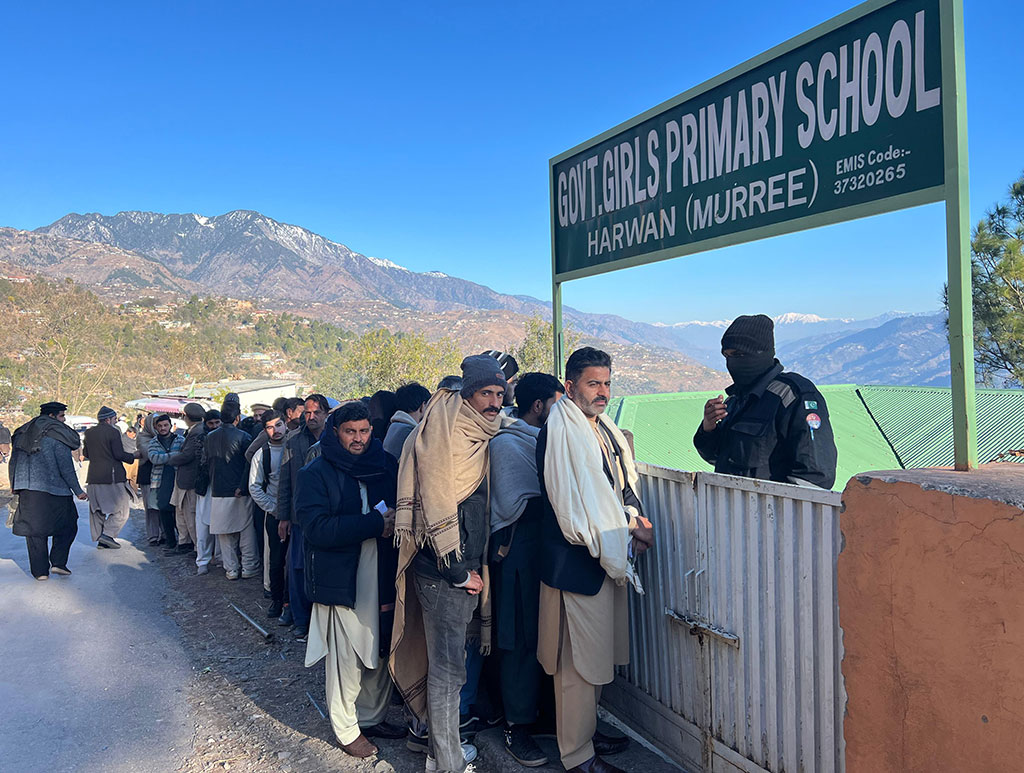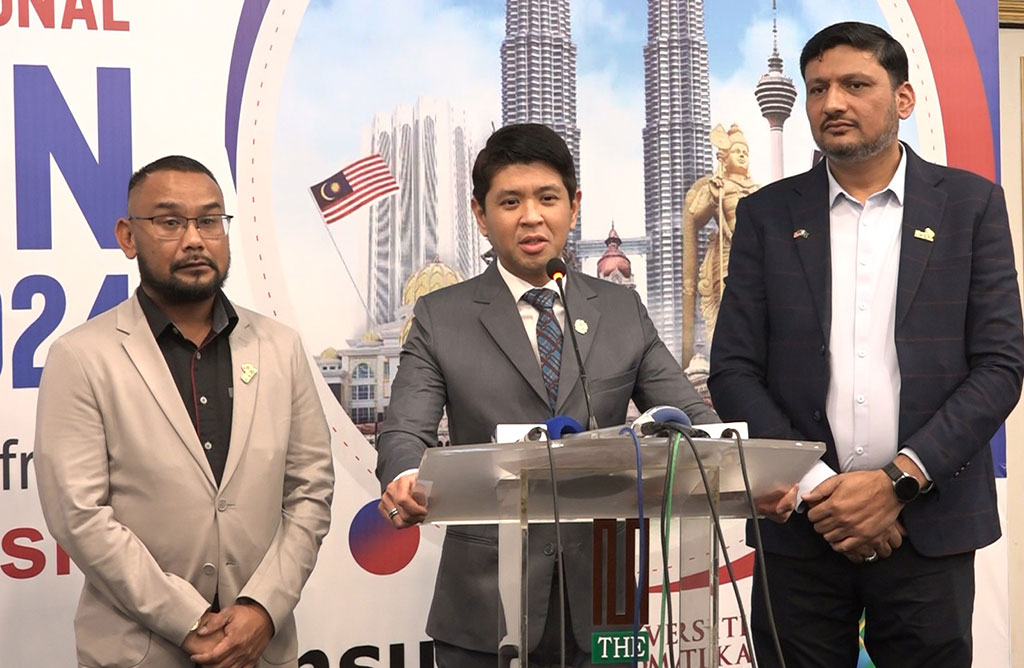NEWS DESK
ISLAMABAD: The Pakistan Institute of Legislative Development and Transparency (PILDAT) has assessed the 2024 General Election and found that fairness scores have dropped compared to previous elections. Their report, based on independent analysis and a questionnaire answered by various members of civil society, including politicians, lawyers, activists, academics, retired bureaucrats, retired military officials, and politically aware youth, highlights concerning trends.
In this report, the following key issues have been highlighted, which have negatively impacted the quality of the 2024 General Election: 1. During the pre-poll phase, considerable delays were observed in the scheduling of the election, political repression, lack of impartiality from Caretaker Governments and State institutions, and worsening law and order in Khyber Pakhtunkhwa and Balochistan; 2. On polling day, the suspension of mobile phone and internet services not only compromised the Election Management System (EMS) but also created problems for public participation in the electoral process. 3. After polling was completed, the delay in the announcement of the provisional results beyond the deadline fixed in Section 13(3) of the Elections Act, 2017, prompted serious questions about the credibility of the election. 4. The widespread allegations of discrepancy between Forms-45 and Form-47 have also added to the concerns about the credibility of the election. 5. The delay in the publishing of Forms 45, 46, 48, and 49 on the Election Commission of Pakistan (ECP) website – a violation of Section 95 (10) of the Elections Act, 2017 – has further damaged the credibility of the election. 6. Lastly, the allocation of reserved seats to Suni Itehad Council (SIC) continued to be a major point of contention for 25 days since the polling day while reserved seats were allocated to all other political parties.
Pre-poll Phase: In the first segment of the assessment dealing with pre-poll phase, the questions about the impartiality of key institutions such as the Judiciary, the ECP, Caretaker Governments at the Federal and Provincial levels, media, security forces and intelligence agencies were examined. Additionally, the issues of law and order, candidates’ diversity, delimitation of constituencies, and electoral rolls were also assessed. The overall assessment score assessed for the pre-poll phase in 2024 General Election stood at 50%, matching that of 2018 but falling significantly short of the 2013 score of 62%.
Part 1: Polling Process on the Election Day: The part one assessed the voting process itself, including the performance of polling staff, the quality of polling stations, and safety during voting hours. The assessment score received for the 2024 General Election stood at 58% for this part. The score assigned was lower than the score assessed for the 2018 General Election, which was 64%. This shows that in our assessment, the phase of polling day, including the voting process, performance of polling staff, quality of polling stations, and safety during voting hours was assessed to be poorer than that of 2018 General Election. However, it scored higher than the score of General Election 2013 which stood at 44%. The part two of the polling day phase was about the counting of votes, compilation and transmission of results from Polling Stations to Returning Officers, consolidation of constituency results and announcement of provisional results. The assessment score assigned to this phase in 2024 General Election stood at 40%, which was identical to that of the 2018 General Election. In 2013 General Election, the same phase received the score of 50% while in both 2002 and 2008 GEs, it was 47%.
Post-poll Phase: In the last segment of the assessment, the post-poll phase, the response of political parties, election observers and the electorate to the election outcomes, compiling and publishing of final results and the process of formation of governments at the federal and provincial levels were assessed. The 2024 election scored 40% for this phase, an all-time low score which mirrored that of the 2002 General Election which had seen unprecedented post-poll rigging in recent years. This low score indicates a low level of trust for the post-election phase. Overall, the Quality of General Election 2024 has scored 49% which is not only below 50% score but is also lower than the overall score of the past two elections – 52% for GE-2018 and 57% for GE-2013 indicating greater concerns about the quality of the most recent General Election. Within 2024 General Election process, both the part two of the polling day operations i.e. counting, compiling, transmission, consolidation, announcement of provisional results and the post-election process received the least scores of 40% indicating that these two areas were the weakest links in the electoral chain in General Election 2024.
PILDAT recommend’s that the ECP conduct a thorough and impartial investigation into (i) the delays in the transmission, consolidation and announcement of provisional results, (ii) the lack of contingency planning to meet result issuance deadlines in case of the EMS inoperability and (iii) the failure to publish signed copies of forms 45, 46, 48 and 49 within 14 days of polling day as required under the Elections Act, 2017. PILDAT also recommends that Election Tribunals should be allowed to resolve disputes on a case-by-case basis. Although Election Tribunals are given a legal deadline of 180 days to decide election petitions, many petitions take much longer to decide. PILDAT is deeply concerned that only two (2) Election Tribunals have been constituted in Punjab compared to eight (8) constituted after 2018 General Election and nine (9) reportedly requested by the ECP this time. This indicates that a much longer delay in deciding election petitions is expected this time. PILDAT strongly demands that the number of Election Tribunals be adequately increased to decide ALL election petitions within the legal deadline of 180 days without fail. The second one is, in addition to the election tribunals, to constitute a Commission of Enquiry like the one formed to probe the General Election 2013.



